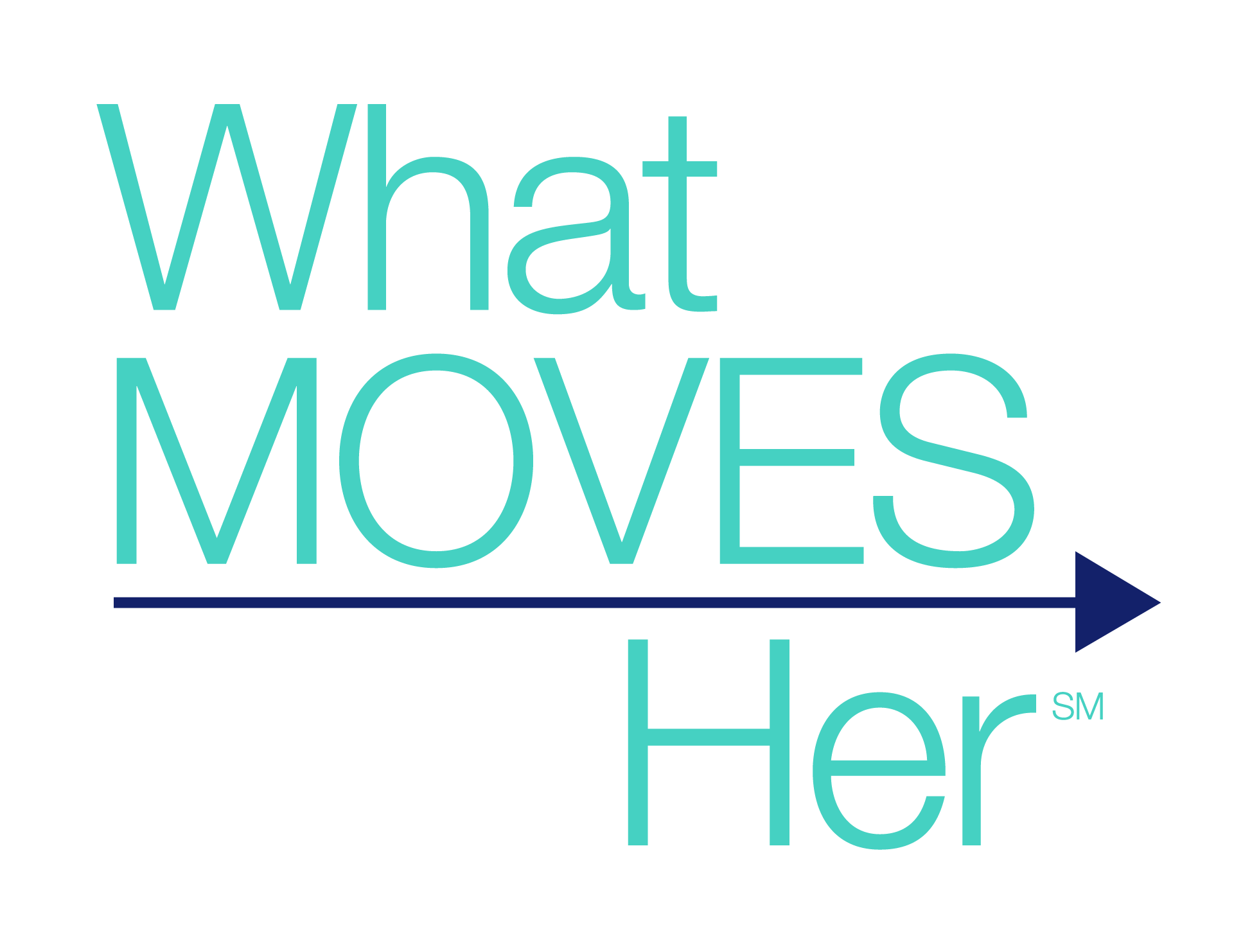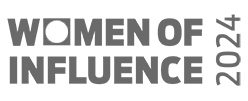It’s great to be busy. But what happens when the daily grind becomes all-consuming? In honor of August as National Wellness Month, we’re examining ways for our community of real estate
professionals to embrace wellness, avoid burnout, and find more balance in our work and lives.
For many industries in America, the pandemic slowed down operations. Not in real estate, though. For our industry, it’s been perhaps the busiest year in recent memory. Many agents and
brokers are seeing their highest volume ever, both in terms of transactions and sales volume. In the media and in our personal lives, we constantly hear about today’s overheated and frenzied
market, a place where “any house can inspire a bidding war.”
Make no mistake, this is great news for our industry. But it’s also tiring. We’ve been working longer, harder, and under more difficult conditions than ever before. While intellectually we
know how fortunate we are to be so busy, we have to recognize the emotional toll it takes to keep up this demanding pace. And as we know, that toll is even more significant for women.
Women have been disproportionately affected by the COVID-19 crisis. According to a March 2021 U.S. Census Bureau survey, 80% of people who left the job market since the pandemic
began were women. Why? Primarily to take care of their school-age children stuck at home due to closed schools. And what can we expect for the future? According to McKinsey, many models
indicate that the economic recovery will take longer for women, as much as 18 additional months longer than men. Something’s got to give.
Even though we get to work in a field we love, times like these can be absolutely draining. Endless days showing houses. Nights spent talking, texting, and emailing with clients. Sifting
through record-levels of offers on every listing… All while juggling the million and one details that go into every single facet of our job. As Stephanie Anton, Senior Vice President of
Corcoran Affiliates says, “The day-to-day responsibilities for real estate professionals are a lot to handle during the best of times. Under these once-in-a-century pandemic conditions, it’s easy to
see why so many in the industry are experiencing burnout right now.”
As a community dedicated to women in real estate, wellness is always a priority. So we’ve leveraged our tools, resources, and insights to help us all focus on our individual well-being.
Self-Care is Essential
Feeling overwhelmed, tired, and possibly even demoralized? You are most definitely not alone. Try googling the phrase “real estate agents overwhelmed” and you may be shocked to see over twenty-nine MILLION hits. Search “women overwhelmed” and that number goes up to over 76,000,000. Considering that the National Association of Realtors® (NAR) has just 1.46 million members, it’s safe to say that the feeling is widespread throughout our industry.
It’s more important than ever to place a premium on our own personal wellness. But that is often easier said than done, especially for women who tend to focus on others. In a recent article, Cleveland Clinic wellness expert Dr. Sandra Darling, DO, MPH, explains: “Self-care is just another name for taking care of yourself, which is vital for your health and well-being. More specifically, self-care means identifying and meeting your needs, something that most women struggle with.”
Real Estate Professionals are Hardwired to Help
“As real estate professionals, helping others is ingrained into our DNA,” says Dawn Perry, Senior Vice President, Cross Brand Marketing. “It’s an essential component of our personalities, and fortunately we’ve found the industry where that caring and nurturing side of ourselves gets a full workout, every single day.”
It’s true that real estate professionals are hardwired to help. And you can find countless examples of agents and brokers going the extra mile to help their clients, both before and during the pandemic. But just like the saying about the cobbler’s shoes, sometimes we’re so busy helping our clients that we neglect to help ourselves. We need to change that, now.
How can we effectively be there for our clients, if we’re not even there for ourselves? We need to prioritize our self-care. And you can start today.
Eight Steps You Can Take to Improve Your Wellness
- Ask for Help
In our business, nobody can do it alone. That’s something we all know – but it’s a good thing to remind ourselves every day. When we’re feeling overwhelmed—and in the last year, who hasn’t felt overwhelmed?—it’s time to press pause. Taking a minute to remember that we don’t have to bear the absolute weight of our work (and all the responsibilities that come along with it) alone can bring in a clearer, calmer perspective.
It’s ok to ask for help. In fact, it’s essential.
The fact is, nobody will think any less of us if we ask for help. WHEN we ask for help. It isn’t a strike against us. It doesn’t go down on our permanent real estate record. As Liz Gehringer, Chief Operating Officer, Coldwell Banker Real Estate eloquently puts it, “This market is an ultra-marathon at a sprinter’s pace, so it is OK to ask someone else to run a mile or two to give you a break.”
Dr. Wayne Baker of the University of Michigan Ross School of Business discusses the reluctance of professionals everywhere to ask for help in his book All You Have to Do Is Ask—How to Master the Most Important Skill for Success. He writes, “70-90% of the help that is given in the workplace is in response to requests for help. If you don’t ask for what you need, all of the answers and resources that people would gladly share with you are wasted.”
- Learn to Say No
This is another area of difficulty for stressed-out real estate professionals. As we were saying, people in our business are hardwired to help. “Yes” is our default position. That’s a helpful trait in our field, but too often it leads to burnout.
It’s critical to evaluate what we say “Yes” to. Will it yield measurable business returns? Will it help an overworked colleague? Will it make a meaningful difference? If not, it’s perfectly acceptable to respectfully decline. It may feel awkward at first. In fact, it definitely will. But the more we say it, the more comfortable we get saying things like:
“I am unable to fulfill that request at this time.”
And to satisfy our inner need to be helpful, we can always add a suggestion for where or how the requestor may get the assistance they need.
- Make Sure You’re Getting Enough Sleep
“People who work in real estate usually share one characteristic: they hate to be bored. We love the excitement of meeting new people, and taking on new challenges,” says Cara Whitley, Chief Marketing Officer, Century 21. As a result, people in our industry rarely work 9-5, and we’re at different locations all the time. The upside is we are doing what we love. The downside is many of us feel fatigued.
Fatigue is different than regular day-to-day stress or overtiredness. The Mayo Clinic defines it as “a nearly constant state of weariness that develops over time and reduces your energy, motivation, and concentration.”
If you’re feeling fatigued, chances are you are not getting enough sleep. You may think you can get by on just four or five hours of sleep a night. But in reality, that’s just your mind tricking your body. We all need 7-8 hours each night. It keeps our immune system strong, reduces stress, and ensures we are performing at our peak.
- Understand Your Energy Curve
Are you a morning person or a night owl? Do you do your best work before lunch, or do you pick up steam as the day goes on? No matter when you’re at your peak, it’s important to understand your internal rhythm—aka productivity curve—in order to work in harmony with your own natural peaks and valleys.
By understanding when you’re at your best, you’ll be able to schedule your day more effectively. As the popular productivity blog Rescuetime puts it, “it allows you to perfectly line up the work that matters most with when you’re most naturally suited to doing it.”
- Figure Out What’s Dragging You Down, and Ditch It (or at least put it off)
We all have unpleasant tasks we need to do each day. But not every task is essential. In fact, some are just a waste of time and energy. Everydayhealth.com suggests you develop a “Don’t Do” list. It helps you think about each task, and decide whether it’s something that will actually matter in your life, or just take up more of your time. If it’s essential, keep going. If it’s just a distraction, ditch it…or put it off for another time.
- Get in Touch with an Old Friend
The isolation of the pandemic has made us less connected. This can lead to feelings of depression, anxiety, and stress. We need human connection. One great way to stay connected is to pick up the phone and call an old friend or family member. Getting back in touch with someone can elevate your mood and energy level, and make you feel less isolated. It’s also good for your health.
- Remember to Breathe
Our industry moves at a fast pace during normal times. But recently it’s been absolutely torrid. With all that we’ve been asked to do on behalf of our clients, it’s easy to forget the one thing we need to do for ourselves: take a break from time to time.
It doesn’t have to be anything long or time-consuming. Just a few minutes out of our day to help focus and re-center. One way to make sure this happens is to schedule your breaks on the calendar – and communicate them with our teams, partners, managers, etc. Whether it’s a brisk mid-afternoon walk, twenty minutes to quietly meditate, a relaxing lunch listening to a podcast, or even just a few minutes of alone time to simply catch one’s breath, the power of breaks to restore and heal is well-documented.
Here are a couple of the proven benefits of breaks during the hectic day:
- Movement is medicine. Daily exercise may help reduce or prevent mild and even serious health concerns such as arthritis, Type 2 diabetes, and heart disease.
- The Power of Microbreaks. Sometimes we just don’t have the time to take a long break during our day. While it’s always ideal to get at least some physical exercise into our day, when that can’t happen, even short five- or ten-minute “microbreaks” can be beneficial, reducing our stress and boosting our engagement.
- When You Have Downtime, Enjoy It!
This may come as a surprise, but there are signs that the real estate market may be cooling down a bit. Recent data shows:
- 2% decline in home sales
- Decrease in pendings
- Inventory and Days on the Market have increased
If you’re experiencing a cooler period, don’t stress it. We’re coming off one of the craziest time periods any of us have ever seen. Take advantage of this period to take a break, refocus, and plan for the future. You’ve certainly earned it!
Embracing these eight wellness best practices will go a long way towards reducing stress levels, anxiety, and mental well-being. And that’s wellness 101!
Learning to “Love Your Power”
Real estate professionals do their best work when they’re happy, healthy, and empowered. Which is why What Moves Her is proud to announce that this September, we will be presenting “Love Your Power,” a week-long digital series that focuses on actionable steps women can take to leverage the power they possess.
Love Your Power features female real estate and business leaders who will be discussing some of the most important topics and hurdles we face right now. From self-promotion to mentoring, to productive risk-taking, we’ll give you the tools to maximize your productivity and have fun doing it.
For exclusive access to Love Your Power, RSVP for the virtual event here.
Do you have any wellness tips for exhausted real estate professionals? Let us know what’s been successful. We want to hear from you!








Subscribe
JOIN OUR LIST